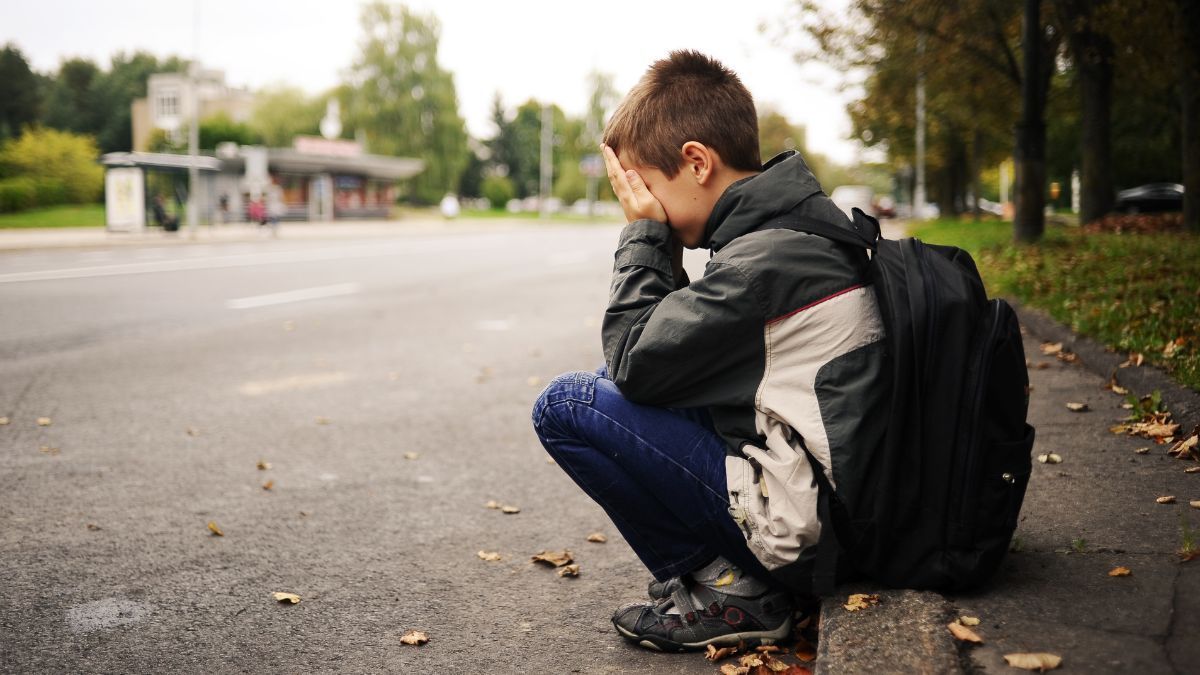Understanding and Recovering From School Avoidance
183:922738286 • 9 August 2024
Learn More About School Avoidance & Supporting Those Struggling

Understanding and Recovering from School Avoidance
School avoidance is a complex, multifaceted issue that affects many families. It is crucial to distinguish it from school 'refusal', understand the underlying causes, and explore ways to address it effectively. This article delves into the nuances of school avoidance, the factors contributing to it, and what options parents may have available to them.
We'll be addressing this topic during our eagerly anticipated upcoming webinar on the 24th of September 2024; our highly esteemed founder Chrissa Wadlow will be joining expert educator and Sunshine Support Head of Advocacy Kelly Jarvis to discuss the topic of school avoidance, and how we can support children in recovery.
Here is our overview of school avoidance, and how you can access our upcoming webinar.
School Avoidance vs. School Refusal
Firstly, it's important to clarify the difference between school avoidance and school refusal. School avoidance is often rooted in anxiety, where a child genuinely wishes to attend school but feels unable due to overwhelming fears or emotional distress. In contrast, school refusal is a more deliberate decision where a child consciously chooses not to attend school, often without the same underlying anxiety.
Causes of School Avoidance
School avoidance can be triggered by various factors, including:
- Anxiety and Depression: Children may feel anxious or depressed due to academic pressures, social issues, or personal problems.
- Bullying: Negative experiences with peers can lead to a fear of attending school.
- Learning Difficulties: Undiagnosed or unsupported learning disabilities can make school an overwhelming environment.
- Family Issues: Events like parental separation, illness, or financial problems can contribute to a child’s anxiety about school.
Causes of School-Based Trauma
School-based trauma can significantly contribute to school avoidance. Trauma can arise from:
- Bullying: Repeated harassment can leave deep emotional scars.
- Academic Pressure: Constant stress to perform well academically can be traumatising for some students.
- Teacher-Student Relationships: Negative interactions or lack of support from teachers can exacerbate feelings of insecurity and fear.
- Peer Relationships: Difficulties in forming and maintaining friendships can lead to feelings of isolation and anxiety.
Why Schools Sometimes Try to Blame Home
Schools may sometimes attribute the cause of school avoidance to home environments due to:
- Misunderstanding: A lack of understanding about mental health issues, neurodivergence and their impact on school attendance.
- Accountability: Schools may feel pressured to maintain attendance rates and might deflect responsibility.
- Resource Constraints: Limited resources and training in handling mental health issues and neurodivergence can lead schools to shift the focus onto families.
Collaboration Between School and Home
Effective collaboration between school and home is essential in addressing school avoidance. Key strategies include:
- Open Communication: Regular and honest communication between parents and school staff to understand the child’s needs.
- Individualised Support Plans: Developing tailored plans to support the child’s return to school, which may include flexible scheduling, counseling, or academic accommodations.
- Professional Support: Involving mental health professionals to provide therapy and support for the child.
- Monitoring Progress: Regularly reviewing and adjusting support plans to ensure they meet the child’s evolving needs.
Learn more about this topic during our webinar with our founder, Chrissa Wadlow, and Head of Advocacy, Kelly Jarvis; sign up to the Sunshine Academy below for exclusive access.

Fabricated or Induced Illness (FII) is a serious child protection concern, where a caregiver exaggerates, fabricates, or induces health problems in a child. While it's essential to protect children from genuine harm, false accusations of FII can have devastating effects on innocent families. This is particularly prevalent among families with children who have special educational needs and disabilities (SEND). This article explores the impact of false FII accusations, how they can lead to further school avoidance, the repercussions of blaming parents or carers, and how professionals can support these families collaboratively.

